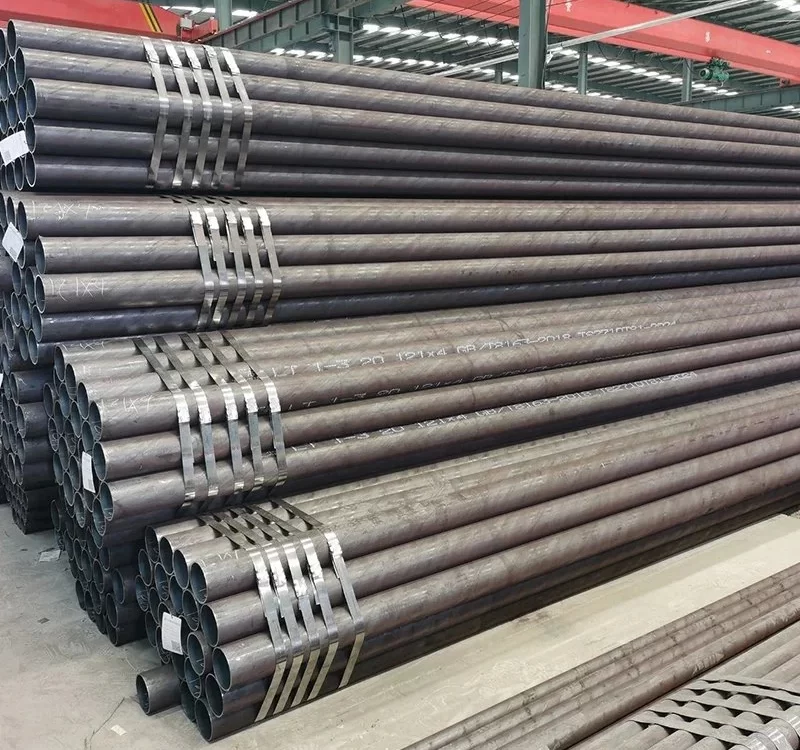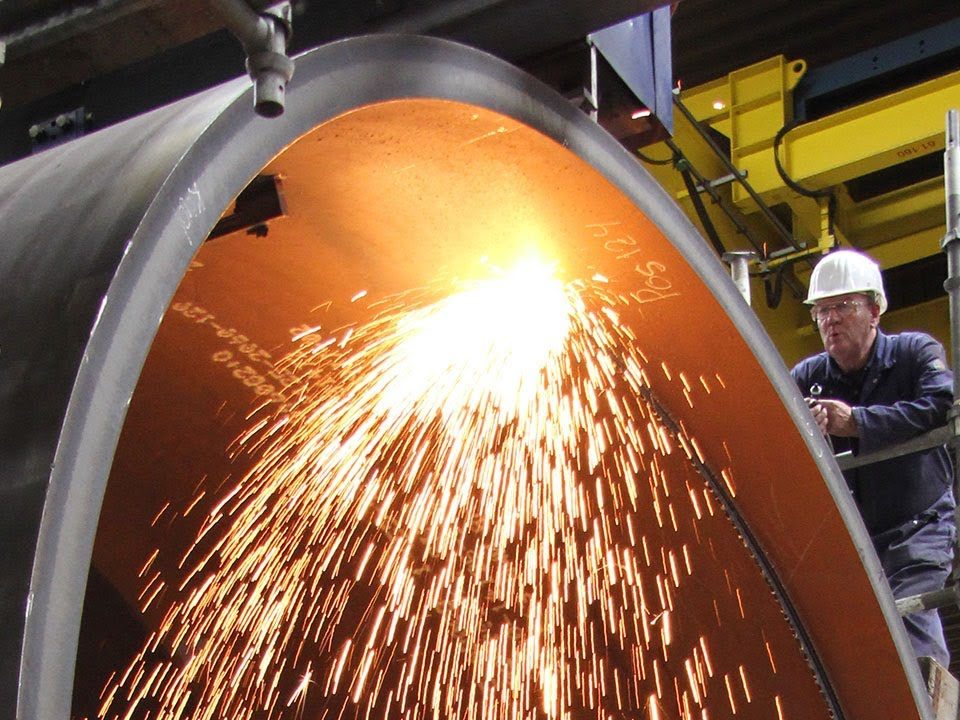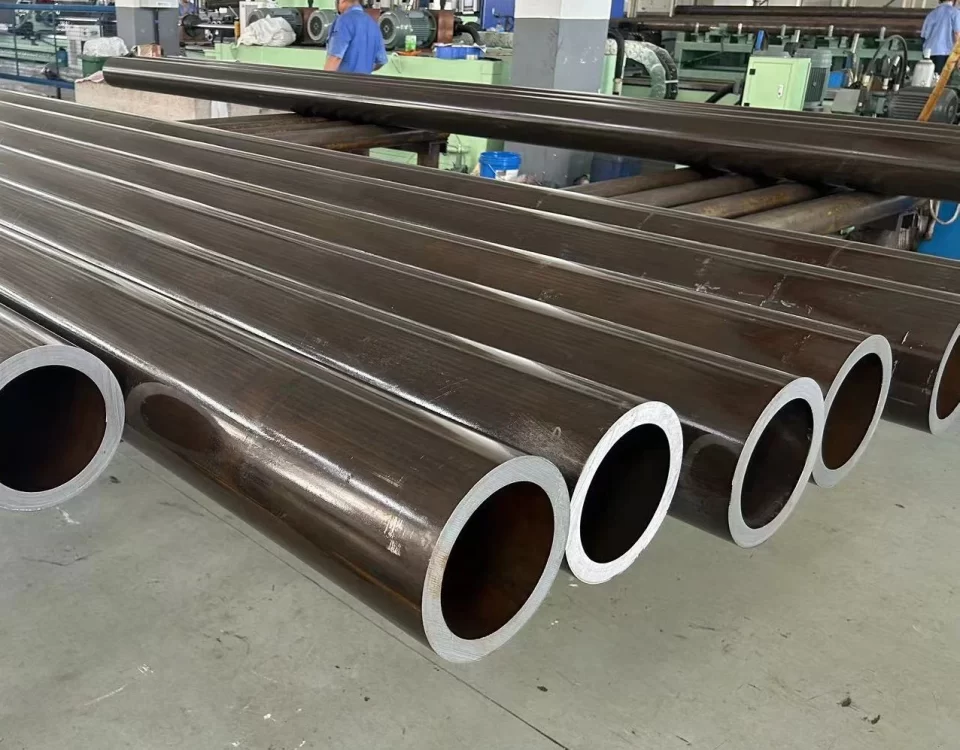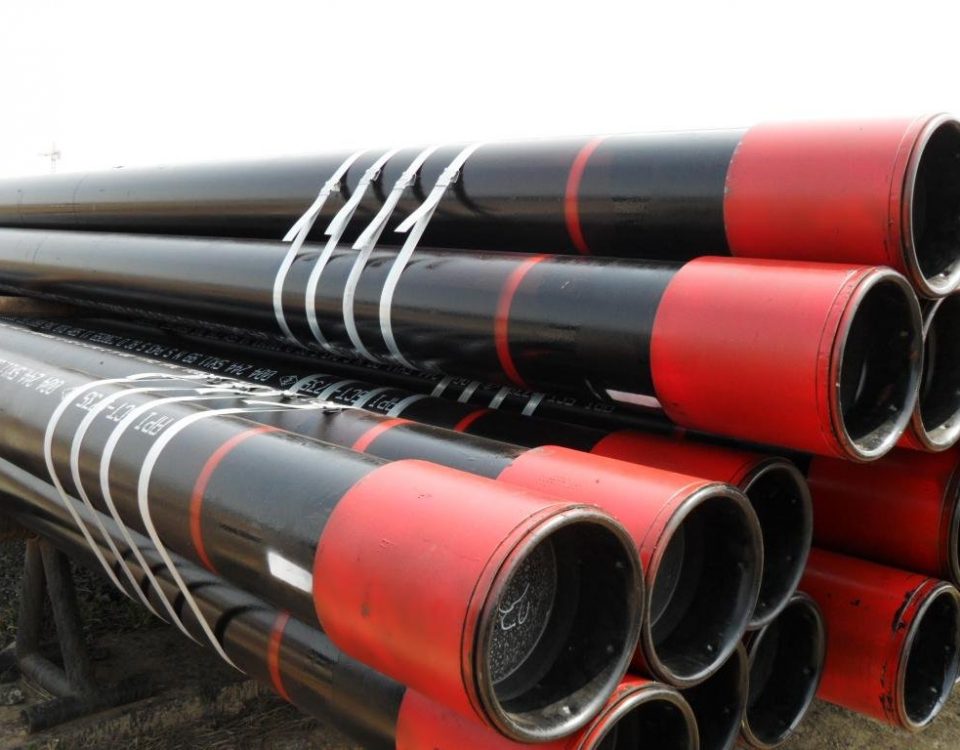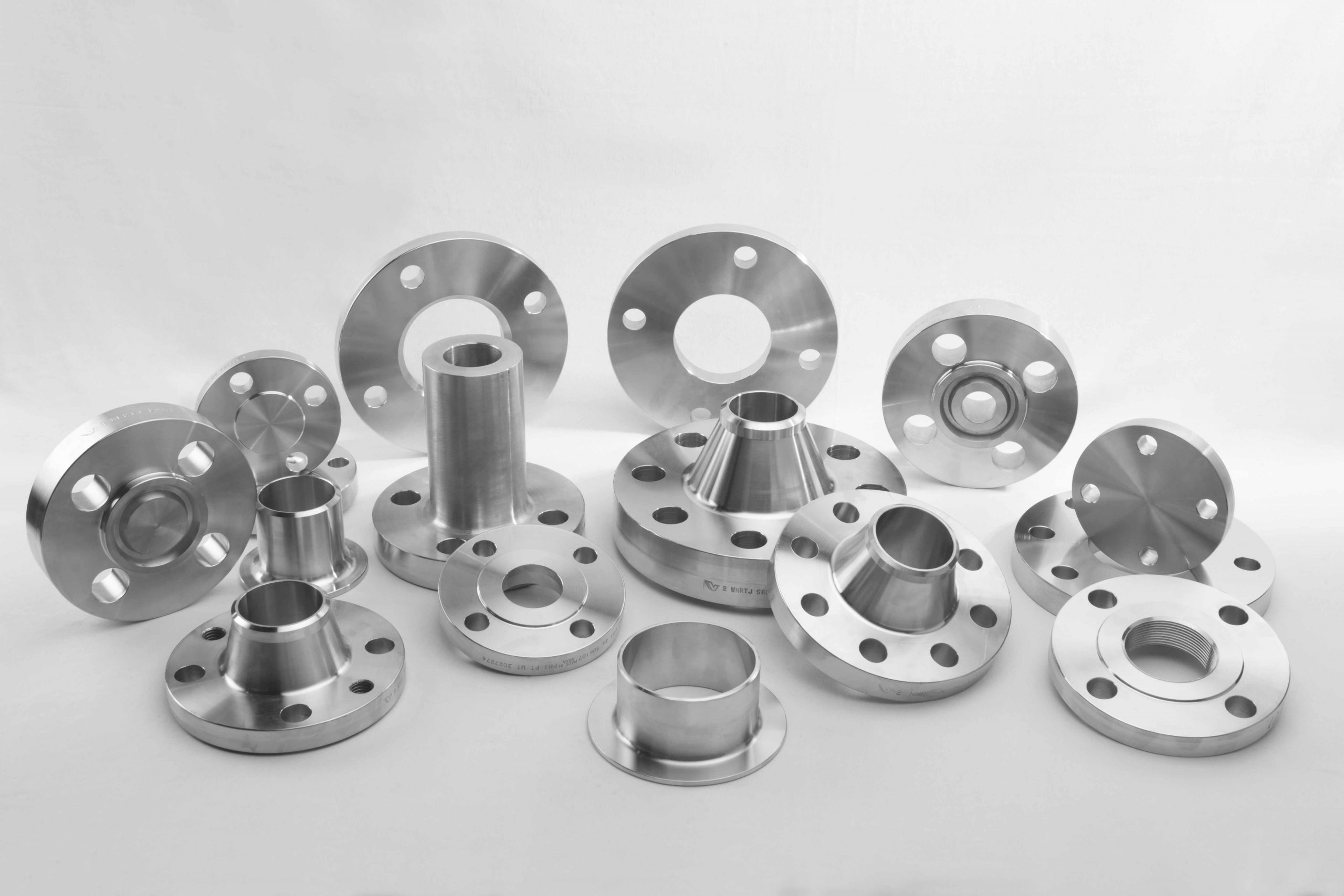
ANSI Flanges and How They Work
July 3, 2023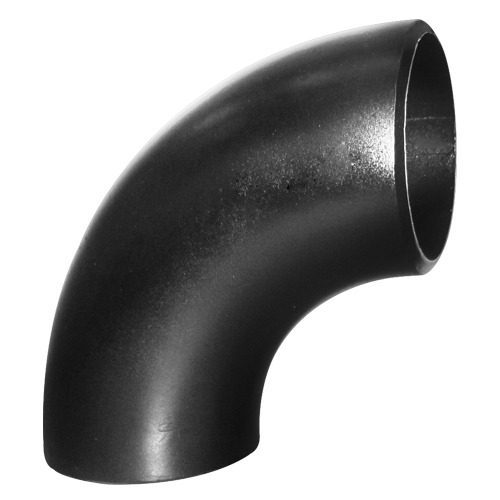
What are some common types of materials used for elbows in piping systems?
July 19, 2023What is X80 grade pipe?
What is X80 steel?
What is X80 material specification?
Is Schedule 80 pipe seamless?
What is the tensile strength of X80 pipe?
Is Schedule 80 pipe stronger than Schedule 40?
What grade is seamless steel pipe?
Which is thicker Schedule 40 or 80 steel pipe?
What is the composition of X80 steel?
X80 Grade Pipe: X80 grade pipe is a type of high-strength, low-alloy steel pipe used primarily in the oil and gas industry for pipeline transportation systems. The “X” signifies that the pipe is suitable for use in high-pressure applications, while “80” refers to the pipe’s minimum yield strength in 1000 psi (80,000 psi).
X80 Steel: X80 steel is a high-strength, low-alloy steel with excellent toughness, weldability, and ductility properties. It is primarily used for manufacturing high-pressure pipelines in the oil and gas industry.
X80 Material Specification: X80 material specifications are governed by the American Petroleum Institute (API) Specification 5L, which covers the manufacture of line pipe for the transportation of oil, natural gas, and other fluids. The specification outlines various requirements, including mechanical properties, chemical composition, testing methods, and more.
Schedule 80 Pipe Seamless: Schedule 80 pipe is available in both seamless and welded forms. Seamless pipes are made from a single piece of steel, without any welding or seams, ensuring a smooth and continuous surface. Welded pipes, on the other hand, are made from multiple steel pieces joined together by welding.
Tensile Strength of X80 Pipe: The tensile strength of X80 pipe is typically between 90,000 and 100,000 psi (620-690 MPa), depending on the specific manufacturing process and material composition.
Schedule 80 vs Schedule 40: Schedule 80 pipe is stronger and thicker than Schedule 40 pipe. The schedule number represents the wall thickness of the pipe, with a higher number indicating a thicker wall. The thicker wall of Schedule 80 provides greater strength and durability, making it suitable for higher-pressure applications.
Grade of Seamless Steel Pipe: Seamless steel pipes can be found in various grades, depending on the material composition and intended application. Common grades include A106 for high-temperature service, A53 for general-purpose applications, and API 5L for oil and gas pipeline transportation systems.
Thickness of Schedule 40 vs 80 Steel Pipe: Schedule 80 steel pipe has a thicker wall than Schedule 40 pipe, providing higher strength and durability. The schedule number represents the wall thickness, with a higher number indicating a thicker wall.
Composition of X80 Steel: The exact composition of X80 steel may vary depending on the manufacturer and specific application requirements. However, typical X80 steel composition includes carbon (0.12-0.20%), manganese (1.70-2.10%), phosphorus (≤0.030%), sulfur (≤0.010%), silicon (≤0.45%), niobium (0.05-0.10%), vanadium (≤0.10%), and molybdenum (≤0.25%). Other elements, such as chromium, copper, and nickel, may also be present in trace amounts.


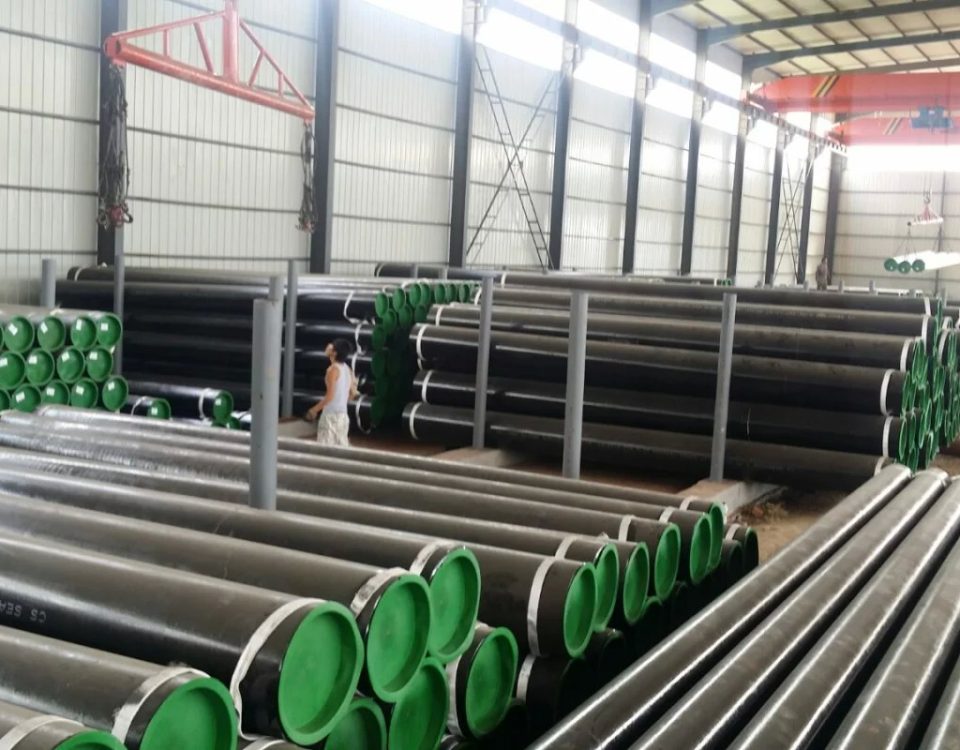
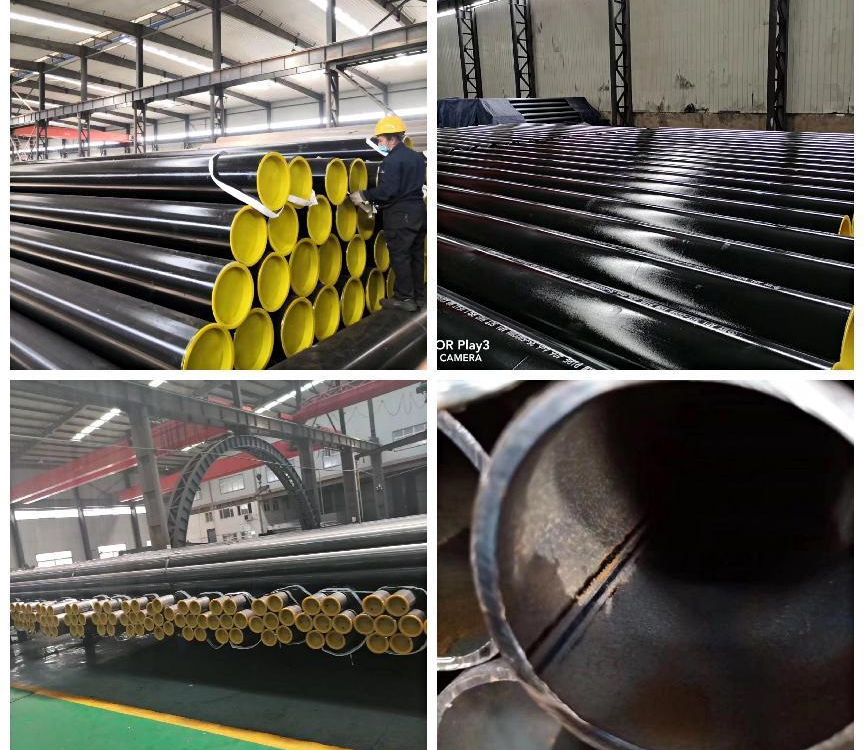
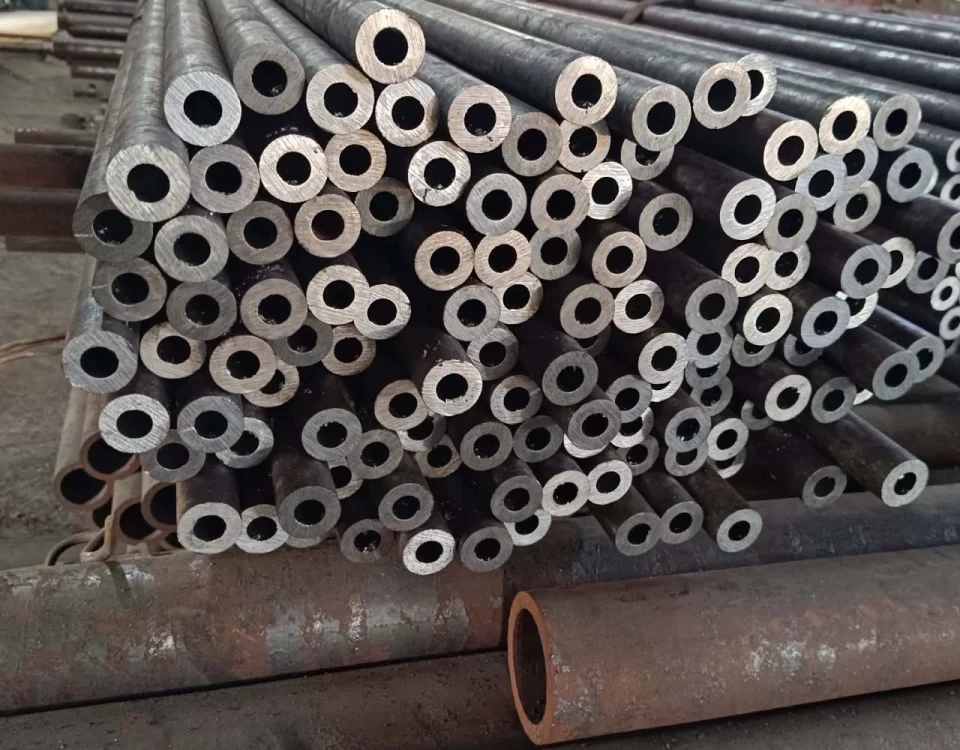
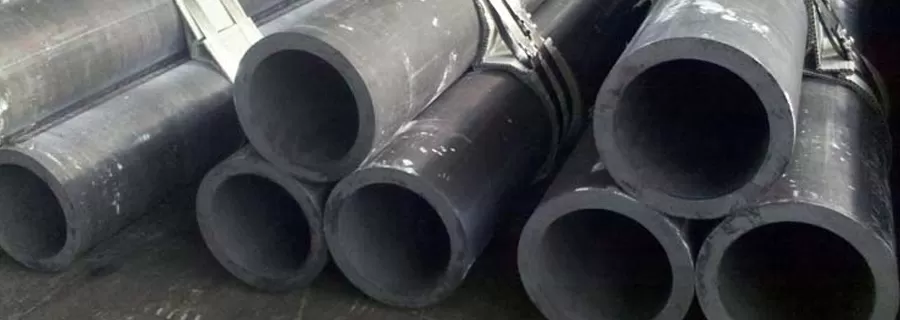
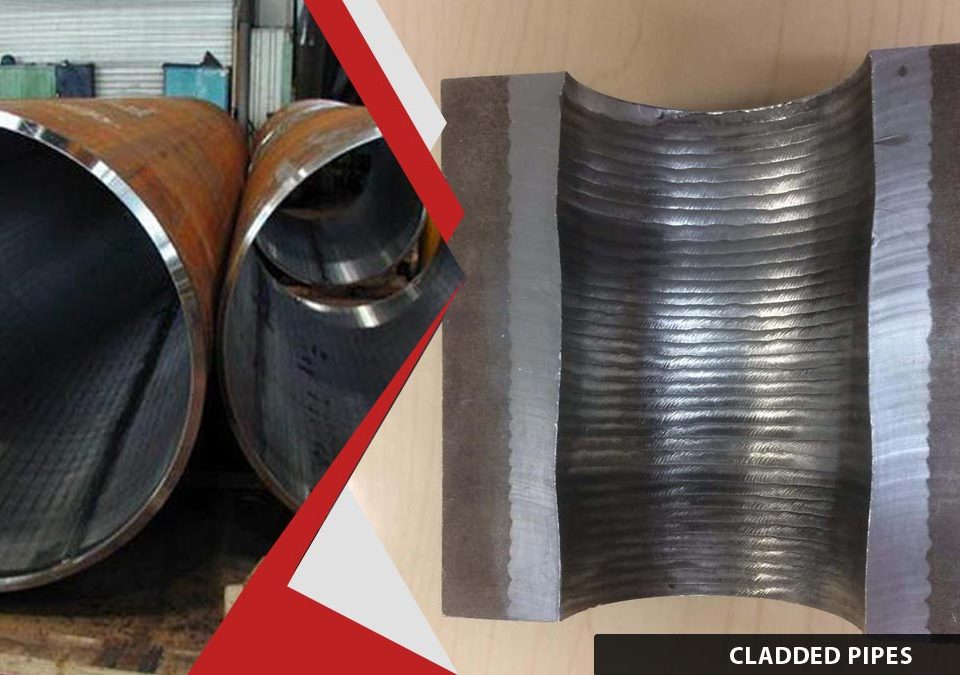
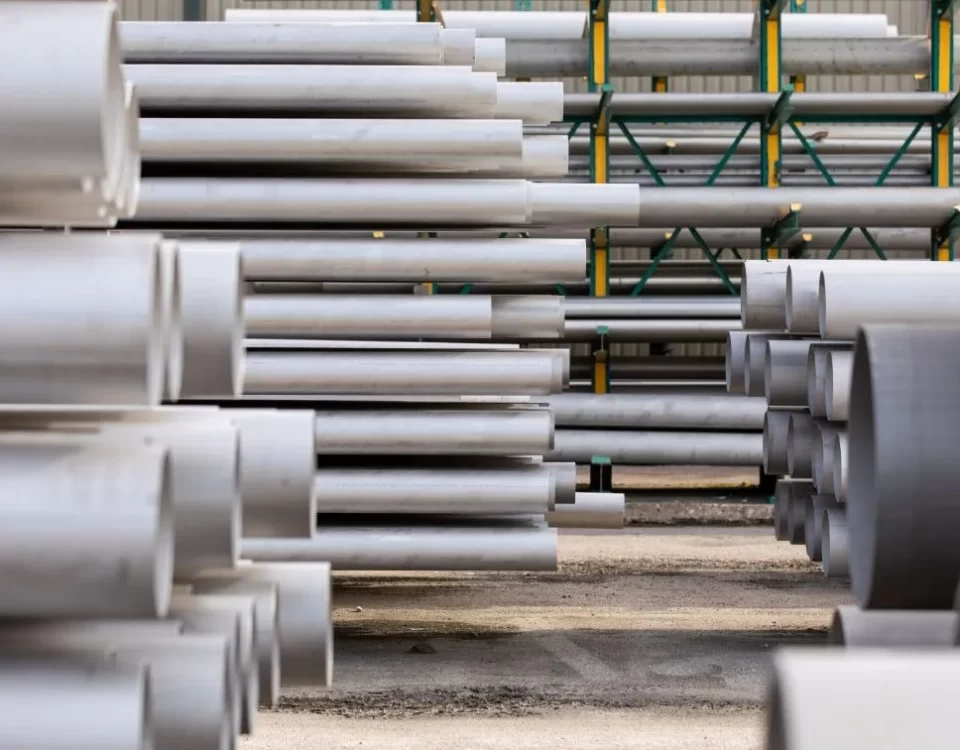
-steel-pipe.jpg)
